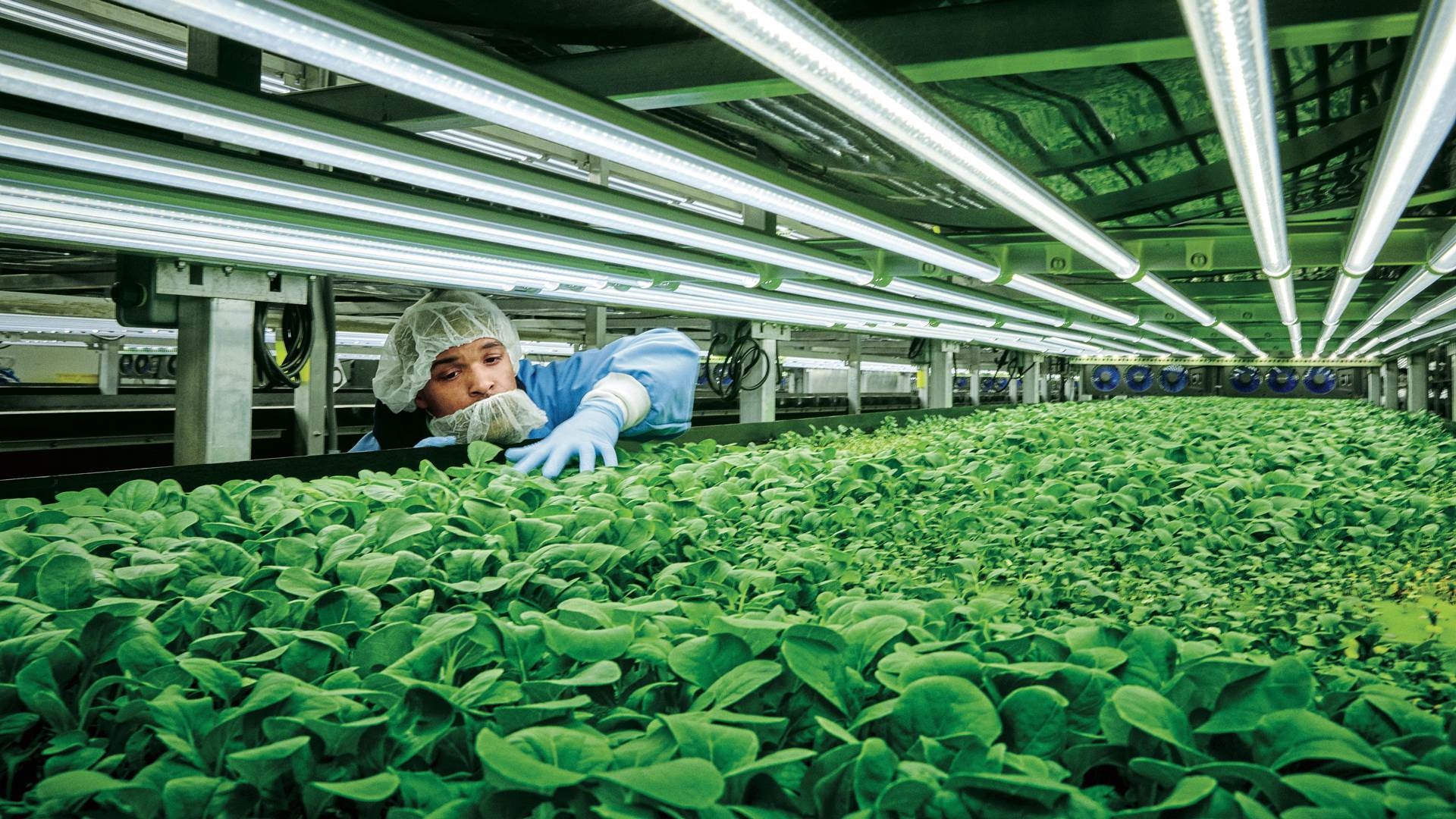Revolutionizing Food Production: Cellular Agriculture Leads the Way
Wegdan Mohamed

Cellular agriculture, a new technology on the horizon, is gaining prominence, especially in light of the worsening global food crisis and the impact of climate change on the agriculture sector in many countries worldwide.
It represents a new hope and the future of food production in the coming period, as global inflation and food prices continue to rise.
Cellular agriculture involves using genetic engineering techniques to create cells for producing animal-derived proteins in laboratories.
This technology is of utmost importance, particularly given the influence it has on the livestock industry, which provides nearly a third of the world's protein needs and feeds more than a billion people worldwide. Additionally, it contributes to improving soil fertility in agriculture.
The United States has taken significant steps in this field, with a report from "The Conversation" magazine revealing some projects already underway in America. These projects use genetically modified fungi to synthesize dairy proteins for commercial purposes such as ice cream, dairy derivatives, and various cheese products.
There are two common methods scientists use to create these animal-based products. The first involves using animal cells to produce animal products without the need for raising or hunting animals.
As for the second method, genetic engineering is used to create fungi and types of bacteria capable of producing proteins. This technique is similar to many industries in use today, like cheese production, where enzymes from animal intestines are used. It's entirely different from manufacturing some products like burgers and soy milk, which come from plant-based sources.
This process allows scientists to employ various techniques, including tissue engineering, to cultivate meat with similar taste, texture, and nutritional value.
Global investments are pouring into this new technology. Since 2022, more than 150 companies have invested nearly $3 billion in the cultivated meat and seafood industry. One of the notable companies is "Memphis Meats," renamed to "Upside Foods," which is the first cultivated meat company in the United States. This company successfully sold its first product in July last year.









